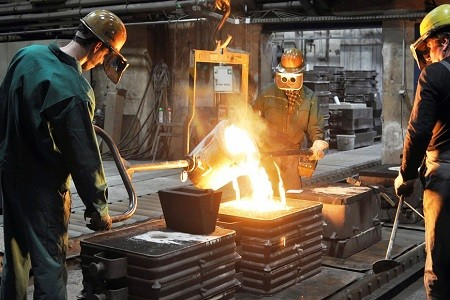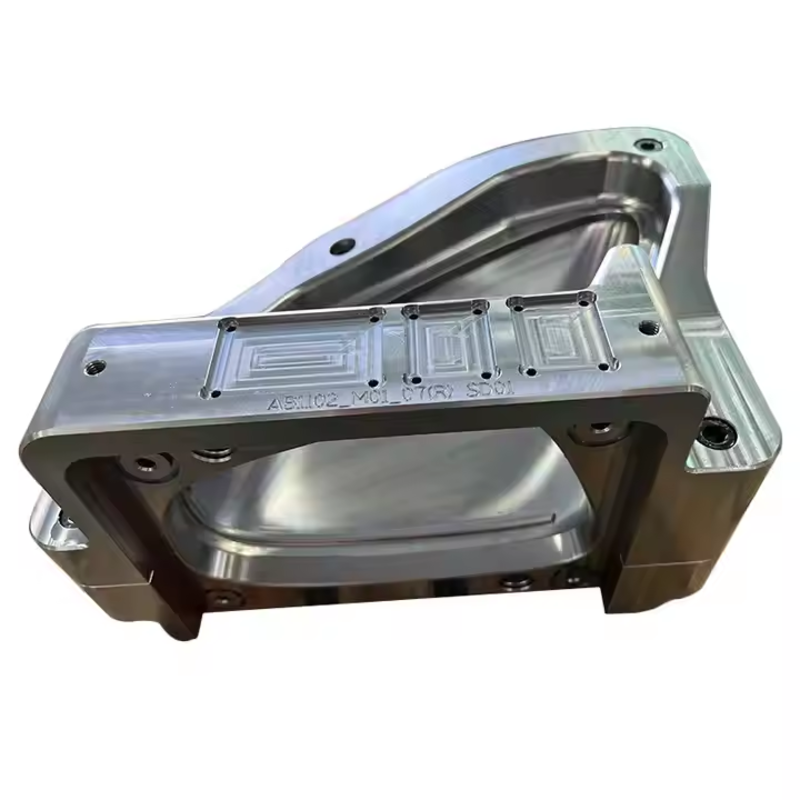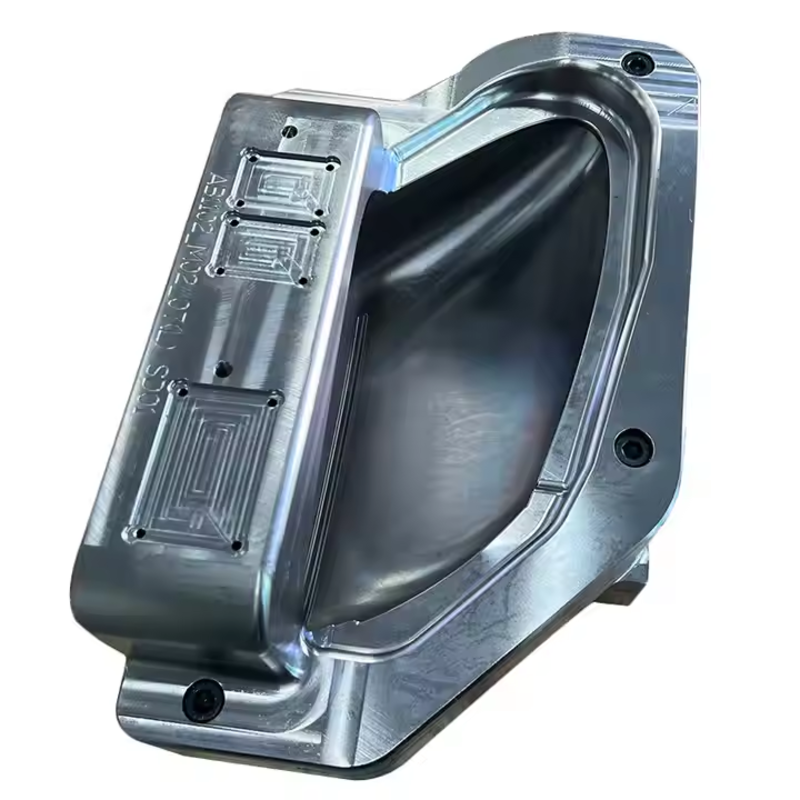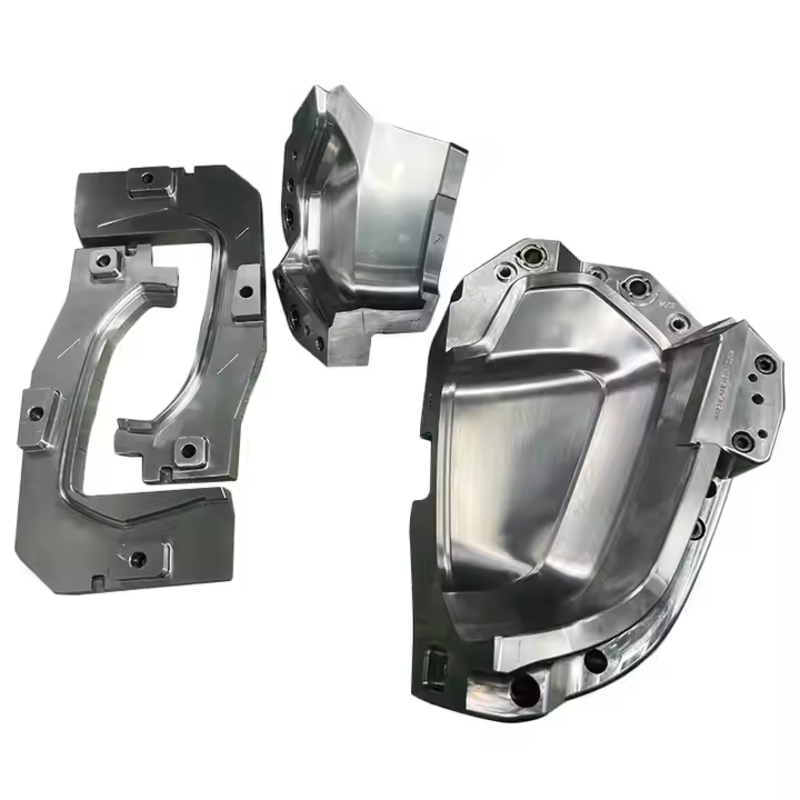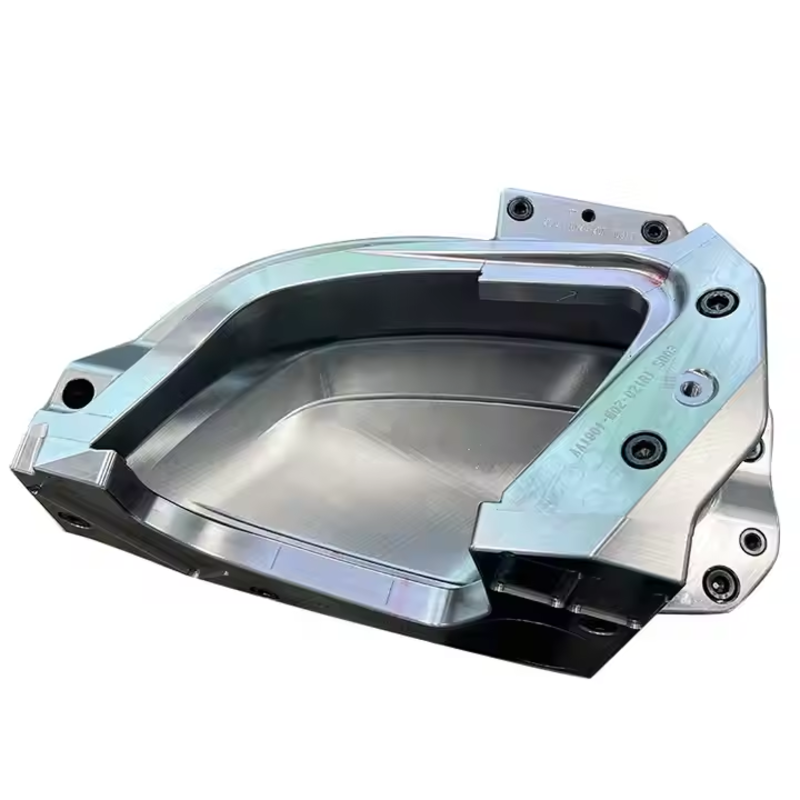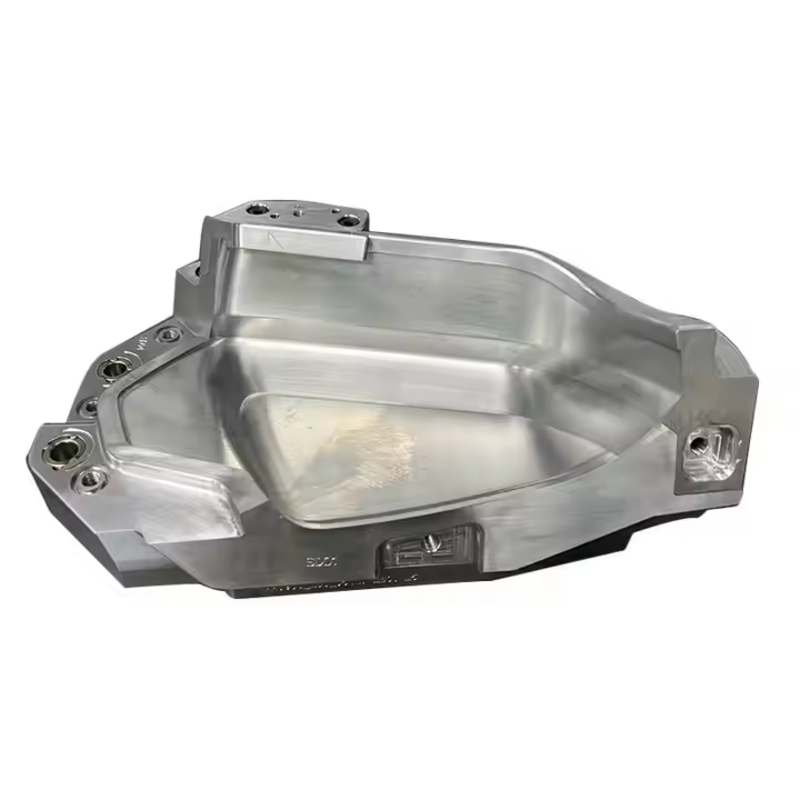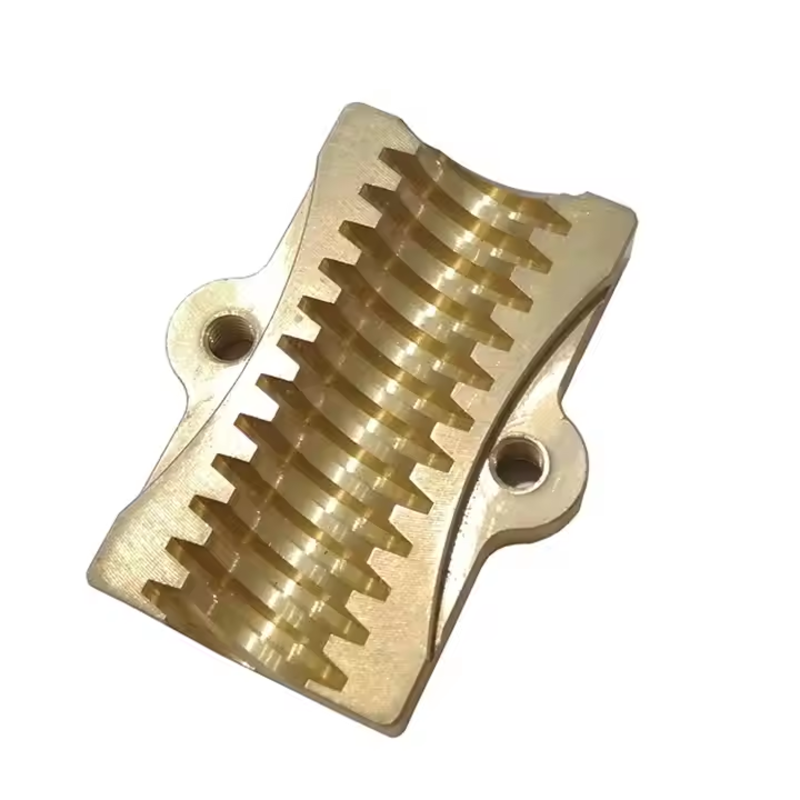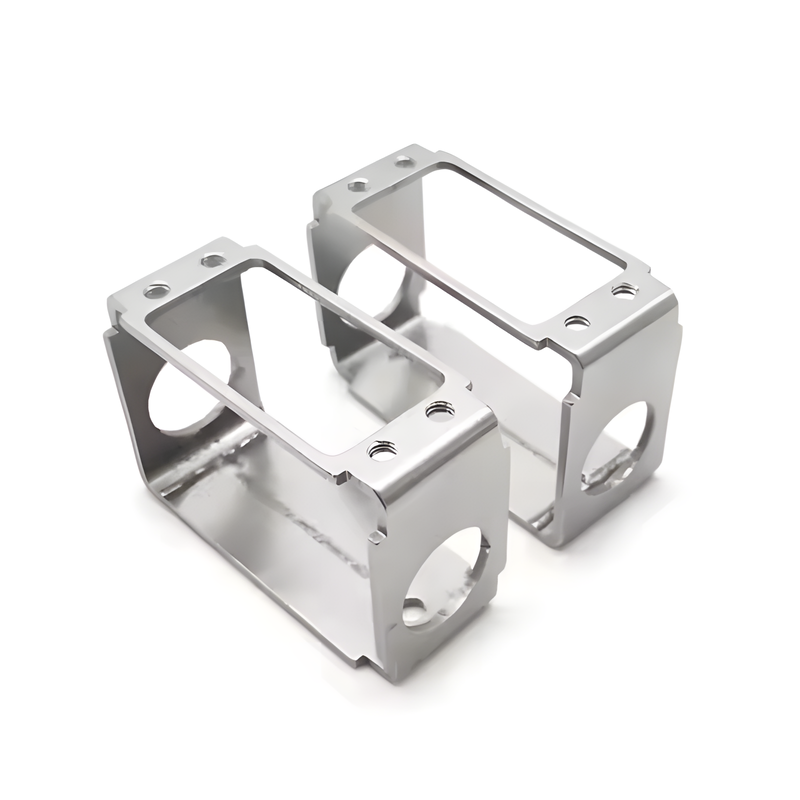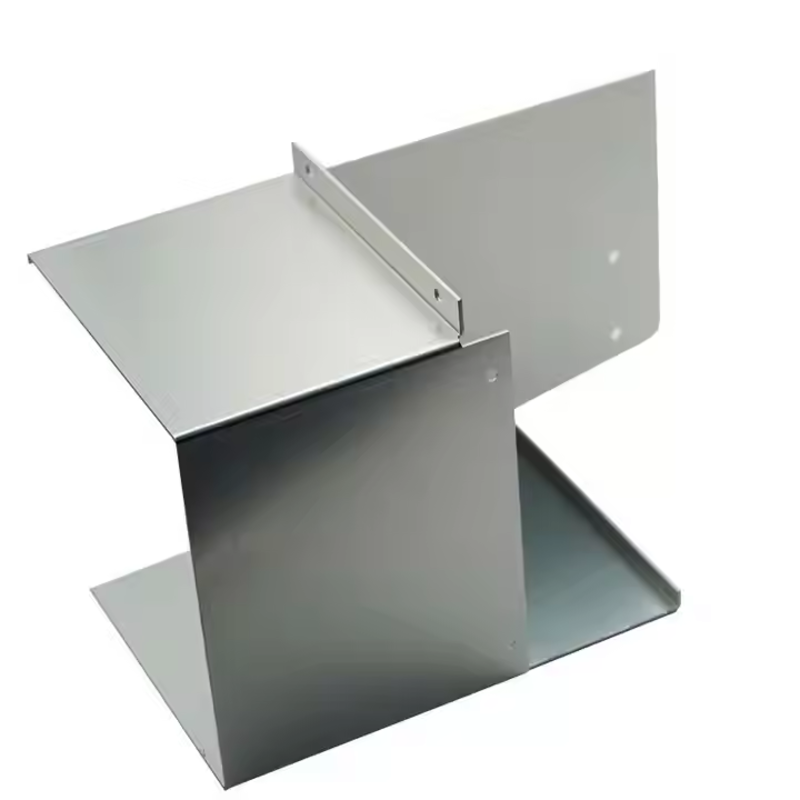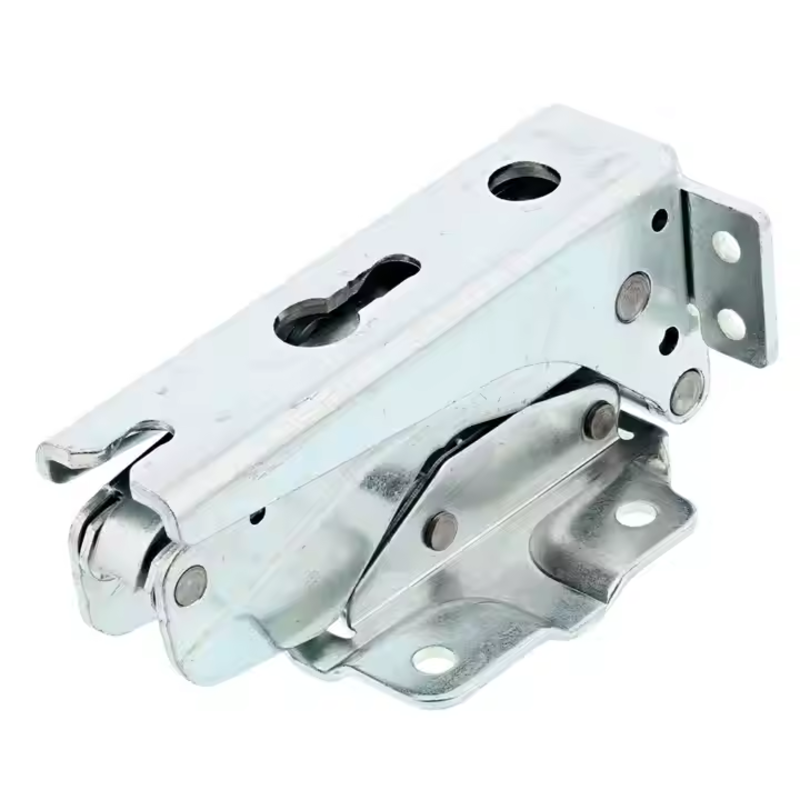Product Description
The forged steel alloy prototype is a workpiece made from steel mixed with other elements to enhance physical and chemical properties, such as strength, corrosion resistance, and heat resistance. The CNC turning process allows for the production of high-precision parts with the ability to create intricate shapes. This prototype is commonly used in the manufacturing of durable parts, such as those in the automotive or aerospace industries. The forged steel alloy prototype facilitates efficient testing and development of new products.
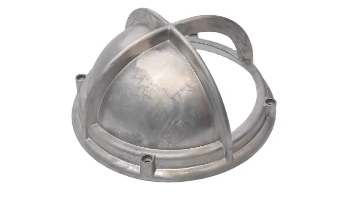
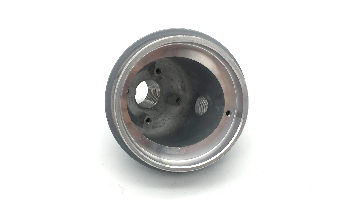
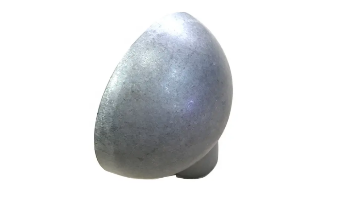
Product parameters
| List | Details |
|---|---|
| Product name | CNC Turning Part Metal CNC Machining Parts |
| Color | Customized Colors |
| Size | Customized Sizes Acceptable |
| Material | Stainless Steel |
| Quality | High Quality |
| Service | CNC Machining Precision |
| Advantage | Professional Manufacturer |
| Sample | Samples Offered |
Custom Process

Upload your design

Design analysis

Start production

Receive your parts
Process Type
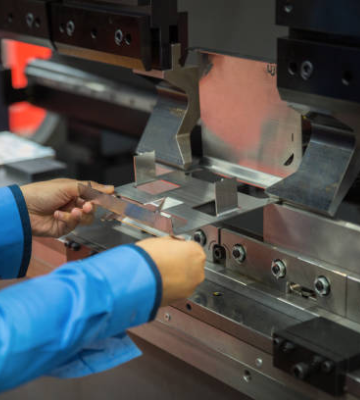
Sheet Metal Fabrication
The process of transforming flat sheets of metal into various shapes and structures through techniques such as cutting, bending, punching, and welding. This method is widely used in the manufacturing of components for industries like automotive, construction, aerospace, and electronics. By utilizing machines like laser cutters, CNC presses, and brake presses, sheet metal fabrication offers high precision and flexibility in producing both simple and complex designs. It can be performed on a range of metals, including steel, aluminum, copper, and stainless steel, making it ideal for a variety of applications such as chassis, enclosures, and structural supports. The process is valued for its efficiency, cost-effectiveness, and ability to produce durable, lightweight parts. Sheet metal fabrication plays a critical role in modern manufacturing, allowing for the mass production of functional and aesthetically pleasing products.
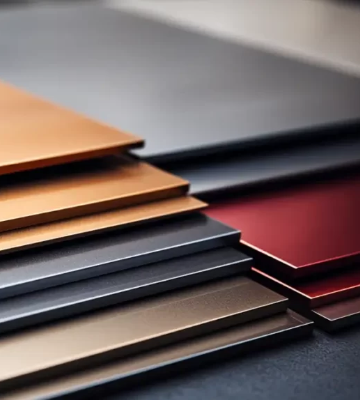
Surface Treatment
Refers to a variety of processes used to modify the surface of materials, particularly metals, to enhance their properties and performance. These processes are designed to improve qualities such as corrosion resistance, wear resistance, hardness, adhesion, and aesthetic appeal. Common surface treatments include plating (e.g., zinc, nickel, or chrome), anodizing, powder coating, painting, polishing, and laser surface hardening. Surface treatment is essential in industries like automotive, aerospace, electronics, and medical devices, where components must withstand harsh environments or have a specific appearance. These treatments can also improve the durability and lifespan of parts, reduce friction, and prevent oxidation, which is crucial for maintaining the functionality of products over time. By modifying the surface at a microscopic level, surface treatment can also promote better bonding of coatings or adhesives, contributing to the overall performance and longevity of the material or component.
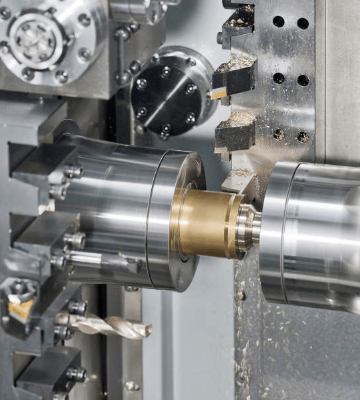
CNC Machining
Highly precise manufacturing process that uses computerized systems to control machine tools such as mills, lathes, and routers. By converting digital designs into detailed mechanical instructions, CNC machining allows for the creation of complex parts and components with high accuracy and repeatability. This technology is widely used in industries such as aerospace, automotive, medical devices, and electronics, offering significant advantages in terms of speed, precision, and the ability to produce intricate parts with minimal human intervention. The process can handle a variety of materials, including metals, plastics, and composites, making it versatile for various applications. CNC machining has revolutionized manufacturing by increasing efficiency, reducing waste, and allowing for consistent production of high-quality parts.
Material
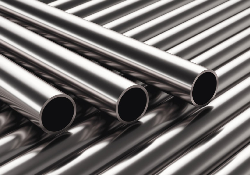
Stainless steel
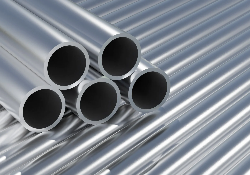
Aluminum
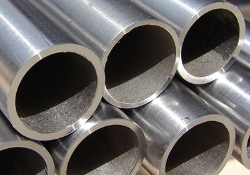
Titanium
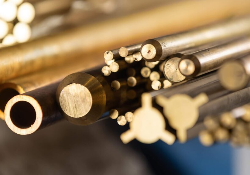
Brass
Additional processes
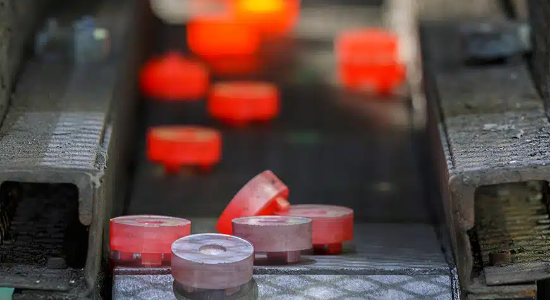
The CNC lathe steel alloy prototype has diverse processing capabilities and high precision. Since the alloy steel possesses excellent properties such as wear resistance and heat resistance, it can be used in turning processes that require strength and accuracy. This allows the production of complex parts, such as drilling, threading, and grooving, with micron-level control.
CNC lathes enable the rapid and precise processing of steel alloy prototypes, reducing errors from manual work while allowing continuous operation for large-scale or limited-run production. These prototypes are commonly used in industries requiring high strength, such as the automotive industry, machinery manufacturing, and parts that must endure harsh working conditions.
Processing steel alloy prototypes also aids in the development and testing of new products, with lower production costs compared to manufacturing actual parts. This allows for the assessment of design and performance before moving to large-scale production.








